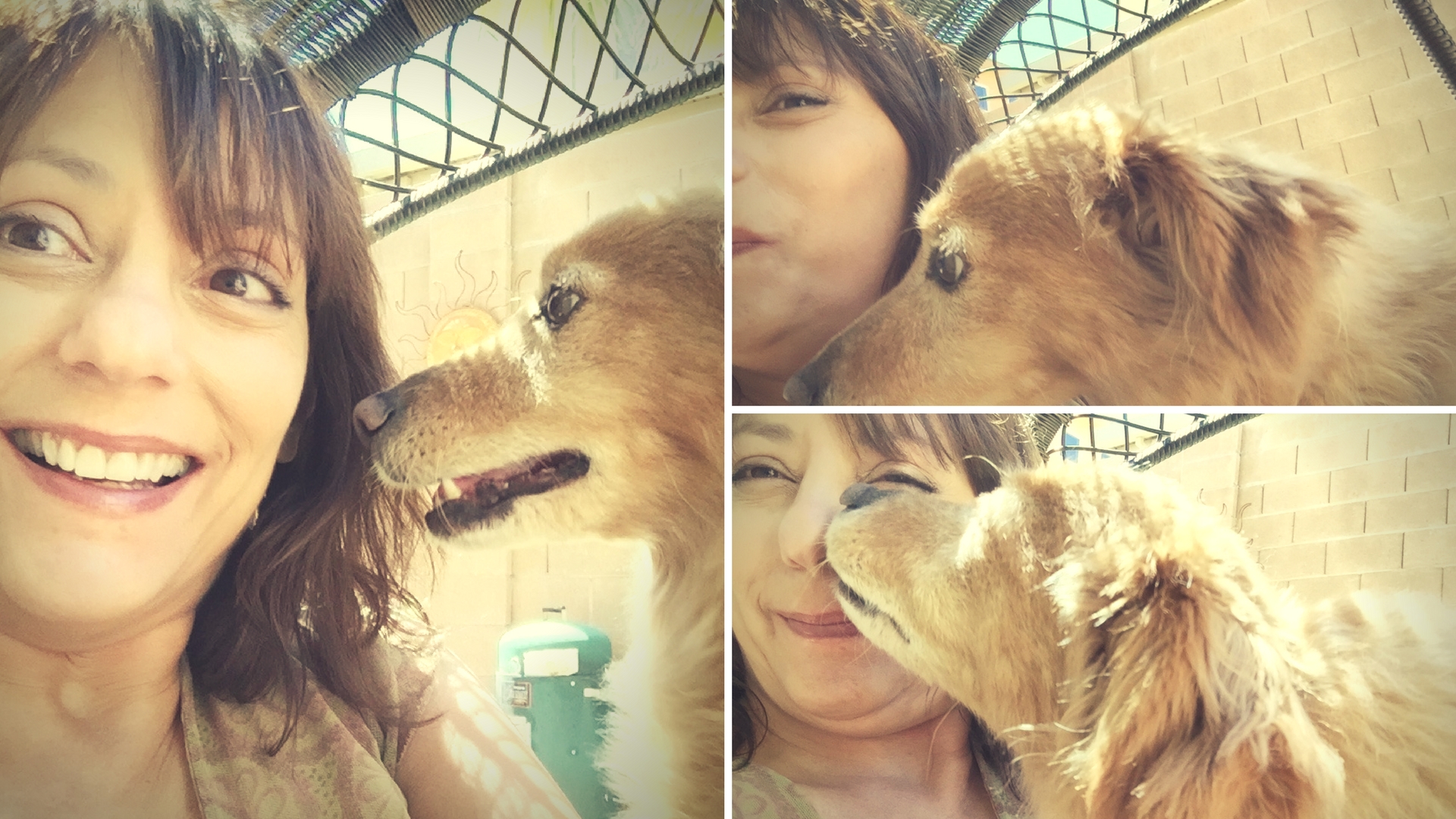
Calling a cat a business executive doesn’t make it true. Just like calling a diet “non-diet” doesn’t make it true, either.
“Diet” products have taken a nosedive in recent years, so they’re often repackaged under the guise of health and wellness. In this repackaging quest, the non-diet approach is co-opted by the diet industry. As a therapist and coach who works with women who have years of yo-yo diets and disordered eating, here’s the deal. Changing the verbiage from “diet” to “lifestyle plan” or even “wellness program” doesn’t change the core essence of the program. If its success is mainly measured by weight or inches lost, it doesn’t matter what you call it. This is also true if it mandates a lot of rules around food and exercise.
Unfortunately, the diet/weight loss industry often co-opts the language of non-diet approaches such as mindful eating. These alternatives to dieting help you repair your relationship with food and your body. They help you be more present in your experience rather than numbing out with a bag of Doritos and Netflix. Weight loss is not one of the expected outcomes (although it may be a side effect), so when the language and surface concepts are used by the diet industry, it becomes confusing.
In other words, a “lifestyle program” that emphasizes weight loss as the marker of success is still a diet. A “non-diet” that promises weight loss if you eat only when you’re hungry and always stop when you’re full is still a diet. That is partially because it’s promising weight loss, and partially because it has turned guidelines about tuning in to your own body into rules that must be followed.
You can put lipstick on a pig, but it’s still a pig. Or… You can dress a cat up like a business executive, but it’s still a cat – who is only interested in the business of naps. (And tuna.)
Here are some of the trends out there.
The sell: Increasing body positivity empowers women.
Body positivity is HOT. Dove has run its Real Beauty* campaign as well as its Self-Esteem Project. Weight Watchers now emphasizes body positivity, saying their new program “focuses on you, not just a number on the scale.” Large corporations emphasizing body positivity and self-esteem? Sign me up! Except…
The truth:
Increasing body positivity, does, in fact, empower women. However, any program that emphasizes body positivity as a marketing tool is a wolf in sheep’s clothing. That talk about loving your body? It’s to sell you something to change that body. Weight Watchers offers a weight loss plan; Dove offers cellulite cream. It’s like, “Love yourself and rah rah rah but buy our stuff.” Having an ultimate goal of weight loss or cellulite smoothing assumes that you will love your body even more when you try to change it to be less fat, less lumpy, or less of whatever society currently deems to be unacceptable.
Weight Watchers touts its new Beyond the Scale program, with a featured coach saying, “People are making better food choices, moving more, and begin to lose weight. They become more confident.” The assumption is that it’s the weight loss that gives confidence. However, as researcher Linda Bacon found when she tested the Health at Every Size® approach against a traditional weight loss control group, the weight loss group’s self-esteem varied – depending on their current weight. In this vein, it’s worth noting that all 21 of the “Success Stories” on Weight Watchers’ website state the number of pounds lost for each member before it reveals that person’s story.
Clearly, Weight Watchers’ claim that “It focuses on you, not just a number on the scale” is not put into practice. The number of pounds each person lost (in the short term) is featured front and center – along with a disclaimer.
The sell: Intuitive eating will make you lose weight.
The truth:
Learning to trust your body’s inner cues of hunger, fullness, and satiety may lead to weight loss. However, that is not the main goal. Intuitive eating is about repairing your relationship with food. Over time, intuitive eating helps reduce feelings of guilt and shame around food, and cultivates self-esteem from things other than your weight. Anyone who emphasizes that intuitive eating is the way to weight loss is selling you a bill of goods. I’ve seen coaches use the highly unreliable “I did it, so you can too!” approach. Personal testimonials – even from the teacher/coach herself – are not the same as scientific evidence.
One pesky terminology gremlin out there is the phrase “weight release” instead of “weight loss.” It may not seem like a big difference, but “releasing” weight assumes you have total control over your weight. It hints that your pesky fat is just waiting for you to become enlightened – and then it will pack its bags and go. So don’t believe that hype.
There is some evidence that intuitive eating is linked to lower weight. But rather than viewing intuitive eating as a weight loss plan, look at it this way: attuned or intuitive eating helps you battle the “all-or-nothing” mentality that leads so many of us astray. This might show up as polishing off a huge order of fries even though we’re not hungry because we figure, “What the hell, I already blew my diet, so I’m going to go all-out and start fresh Monday.”
The sell: Mindful eating will make you lose weight.
The truth:
Similar to intuitive eating (see above), mindful eating may result in some weight loss. However, practicing mindful eating with the intention of weight loss is a major misapplication of the practice. By definition, mindfulness is not goal-driven or judgmental. Mindfulness practices, including mindful eating, are about noticing your experience in the moment, without judgment. The way this might influence your weight is by helping you be aware of what you are eating. (And not in a judgey, “accountability” kind of awareness, like counting calories or points.) When you are truly in the moment as you eat, you are much more likely to feel satisfied by your meal. It’s the flip of eating mindlessly in front of the TV, or in your car.
*Not so ironically, the Internet domain name formerly used by Dove’s Real Beauty campaign now belongs to unnamed “passionate health enthusiasts” who are promoting the Medifast diet plan.






